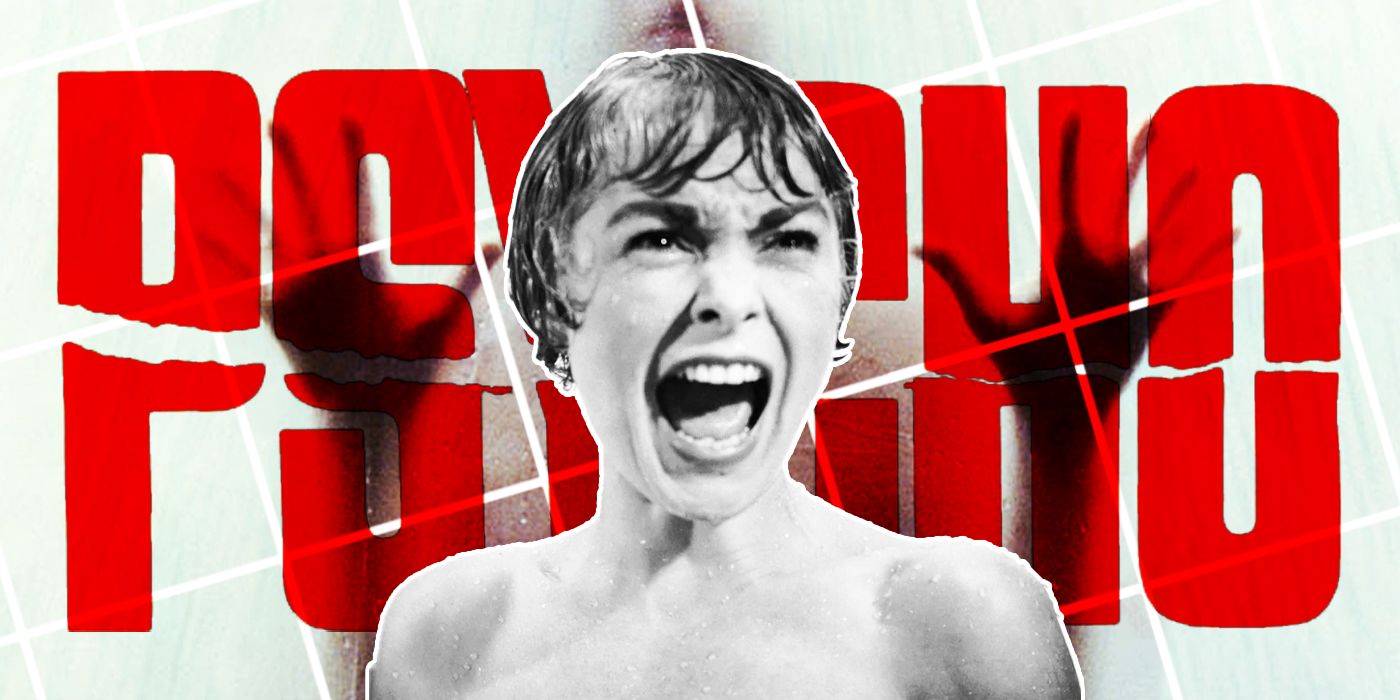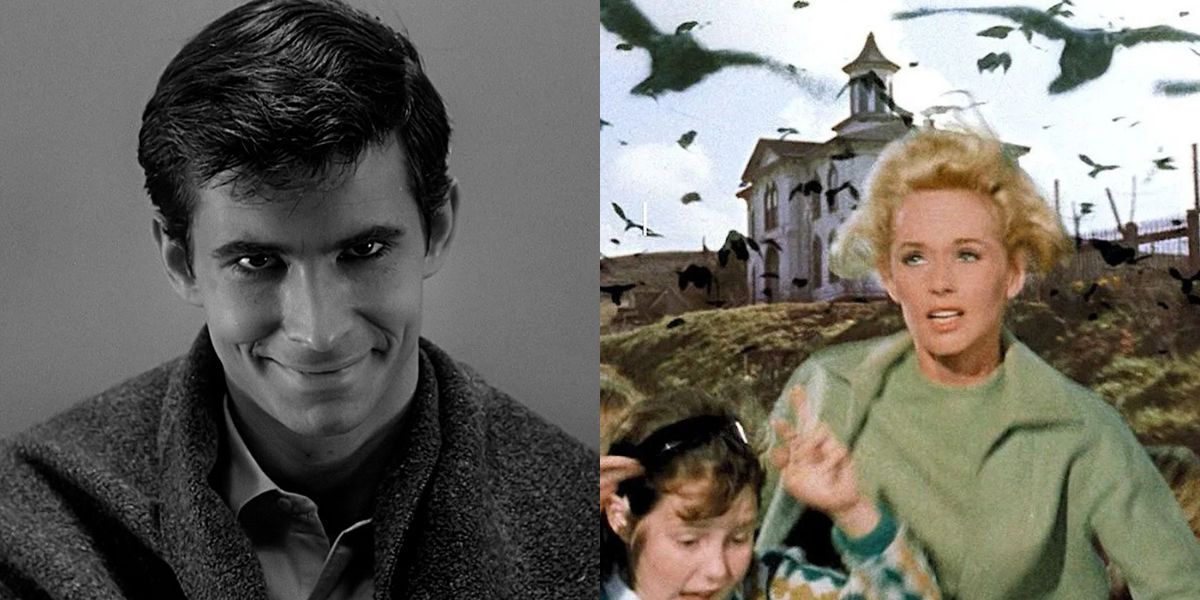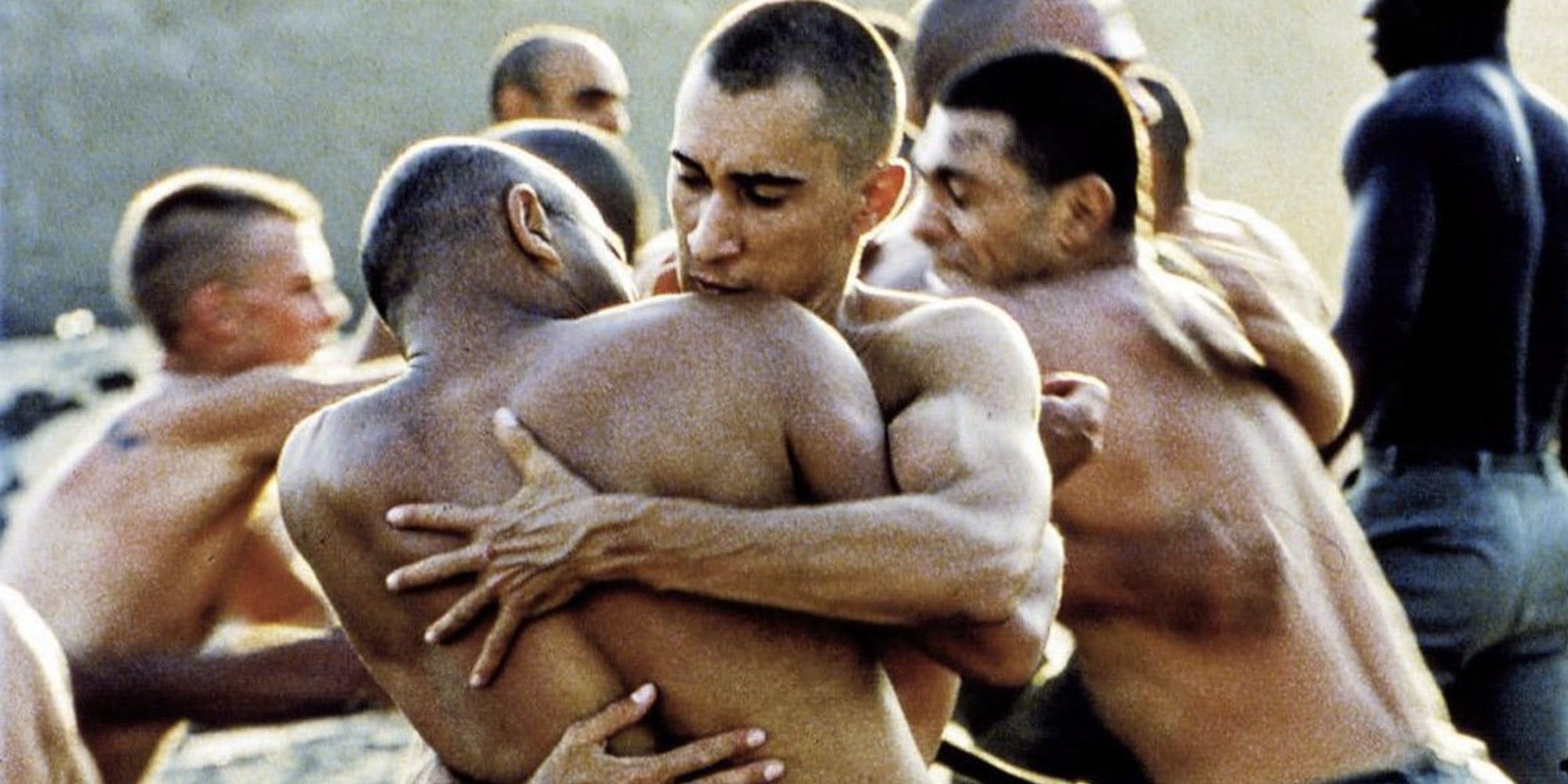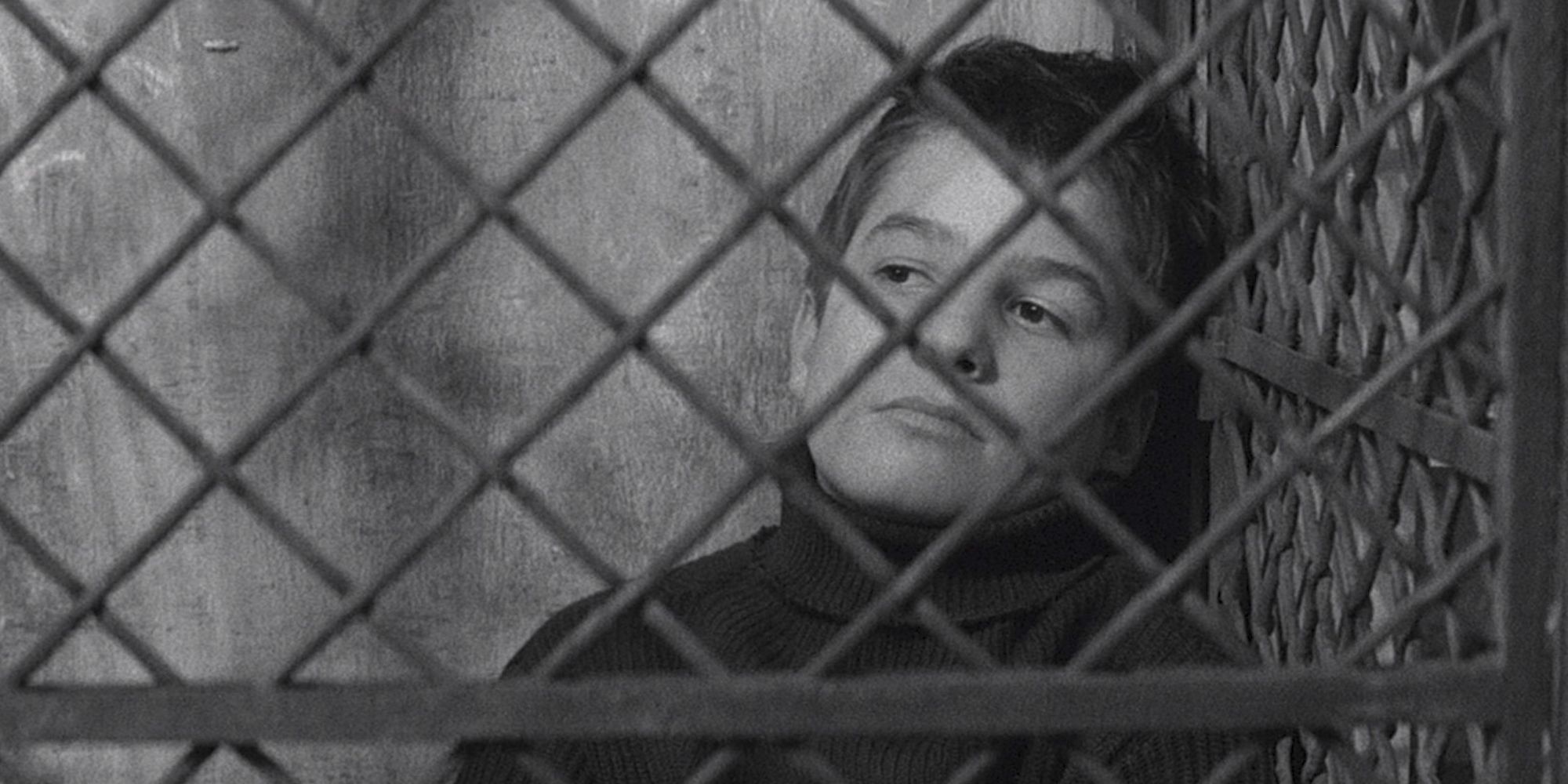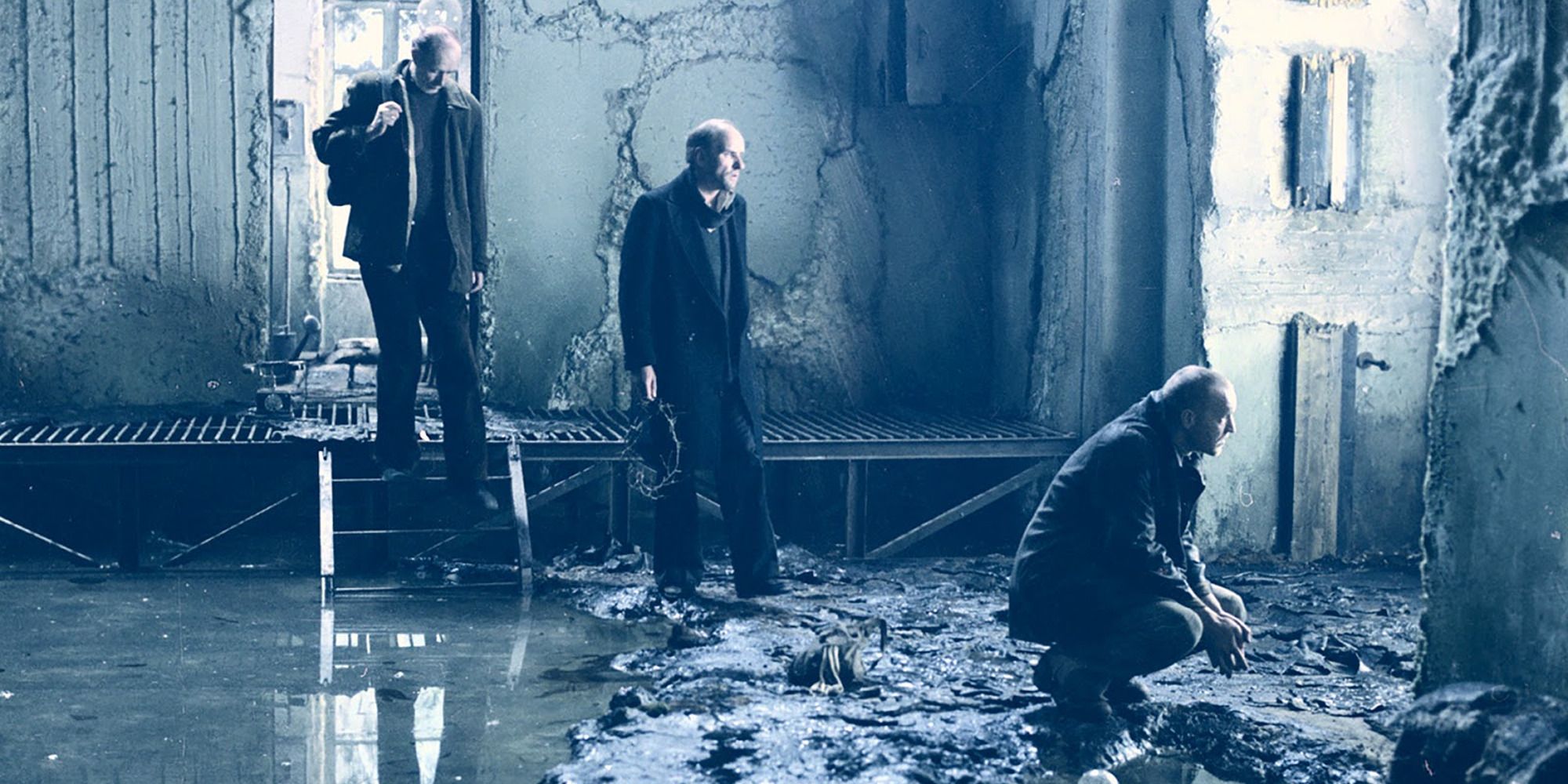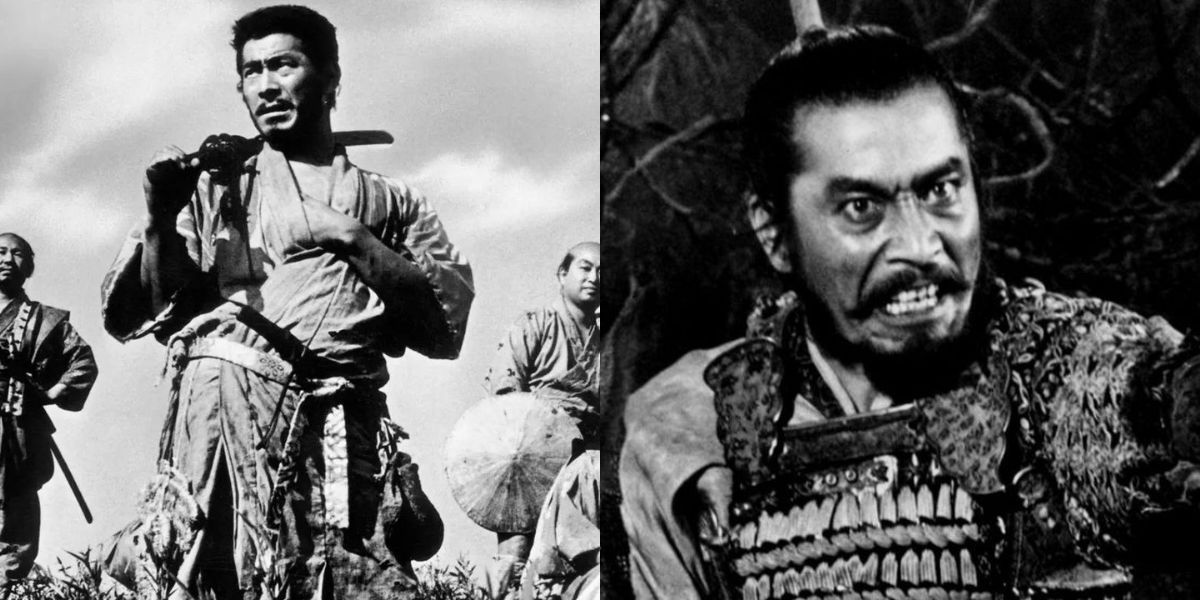If one has yet to join The Criterion Channel party, this would make a great month to do so. Full of heavy hitters, the programming is filled with features highlighting what makes Criterion so attractive to movie fans. There are collections honoring cinema verité documentaries, Mike Leigh’s work at the BBC, and films starring early Hollywood actress Joan Bennet. Worth special note, however, is the bounty of films representing Sight and Sound’s 100 Greatest Films of All Time. Each one is a classic, and that collection alone makes up the bulk of the recommendations that follow.
Read More About What's on The Criterion Channel:
-
10 Hidden Gems In The Criterion Collection
-
11 Best Woman-Directed Cult Classics to Stream on the Criterion Channel
-
Essential French New Wave Classics Streaming Now on The Criterion Channel
The Birds (1963)/Psycho (1960)
Available: January 1st | Directed by: Alfred Hitchcock | Written by: Evan Hunter/ Joseph Stefano
If the Tomatometer existed in the early 1960s, there’s a good chance neither of these movies’ scores would be instilling confidence in their potential audiences. Both received mixed marks, as is often the case with relatively transgressive art that positions itself for commercial consumption. Just ask John Lennon or Black Sabbath. It was not until time passed that The Birds and Psycho gained improved reputations as masterpieces, or near enough to them. The Birds is the impossible-to-duplicate story of, well, some really violent, furious birds. But it starts as a dramatic depiction of a very human love triangle. Once that human drama is interrupted, it stays that way. If there’s any particular thing that’s set off this avian apocalypse, the birds aren’t in the mood to discuss it.
Psycho, a little easier to imitate but still one of a kind, is the story of a hotel proprietor with some demons. This film alone planted a million seeds in the public imagination and many of its scenes continue to receive homages in modern horror. In tandem, they are a one-two punch of imaginative horror filmmaking that took decades to digest. Between their productions, Alfred Hitchcock took part in an extensive interview with French critic-turned-director François Truffaut. The resulting book, Hitchcock/Truffaut, makes great companion reading to these two films, as Hitchcock gives breathless insight into this very productive time in his filmmaking career.
Watch Psycho on the Criterion Channel
Watch The Birds on the Criterion Channel
Beau Travail (1999)
Available: January 1st | Directed by: Claire Denis | Written by: Claire Denis, Jean-Pol Fargeau
Cast: Denis Lavant, Michel Subor, Grégoire Colin
Beau Travail is a French drama based on American writer Herman Melville’s unfinished novella Billy Budd, A Sailor. Directed by Claire Denis (recently of the Robert Pattinson-starring High Life), this elegiac tone poem jettisons Melville’s 1700s nautical setting for then-present-day East Africa, occupied by French Foreign Legionnaires. The story—a sergeant develops a hate-crush on and vows to destroy, a charming young recruit—is told via flashback vignettes. Dialogue is sparse. The shot composition is phenomenal. The tragic plot unfolds as if itself a dream. Denis has claimed to shoot quickly and edit painstakingly, and it shows. Beau Travail is fleet yet in no rush. The film’s main dramatic beats are few, and yet the visuals are so arresting—the music so tense—that shots of a face, or a horse, or soldiers carrying a body are imbued with enough import to tug the viewer along, rapt.
Watch on the Criterion Channel
The 400 Blows (1959)
Available: August 1st | Directed by: François Truffaut | Written by: François Truffaut, Marcel Moussy
Cast: Jean-Pierre Léaud, Albert Rémy, Claire Maurier
The 400 Blows is the highly influential tale of a troubled Paris youth, and the debut film of director François Truffaut, author of the book on Alfred Hitchcock mentioned above. In Blows, our protagonist is a preteen Antoine. When he’s not skipping school, he’s a disruptive student. At home, his parents just don’t seem to get him. The film is presented at an Antoine-level view, making it a perfect example of the French New Wave of films. A tenant of this directorial school is that film can rival the novel in honesty and artistic potency (and therefore the validity). The year before this film was screened and won big at Cannes, the director was banned from the festival for bemoaning Cannes’ commercialism. The French New Wave—and 400 Blows by extension—sought to lead by example the elevation of movies as literary vehicles. It’s high-minded stuff, their intentions, but the result is a great coming-of-age drama that feels honest instead of pompous, with great Parisian photography to go with it.
Watch on the Criterion Channel
Stalker (1979)
Available: January 1st | Directed by: Andrei Tarkovsky | Written by: Arkady Strugatsky, Boris Strugatsky
Cast: Alexander Kaidanovsky, Anatoly Solonitsyn, Alisa Freindlich
In a cordoned-off section of Russian wilderness known as the Zone, the Writer, the Scientist, and the Stalker trek in search of a bunker possessing a room that grants wishes. This is the plot of the psychedelic science-fiction drama Stalker. The film starts out presented in washed-out sepia. As our travelers occupy their boring, regular lives of industrial toil, we get the lay of their grim status quo. Once they breach the blockade around the Zone and reach the otherworldly woods, full-color sets in, and the strangeness begins. The Stalker leads the Scientist and the Writer into a world that isn’t their own, but that’s exactly what they want, for better or worse. Temporal shifts, Orthodox religious imagery, bent reality, and danger await. The tone is despondent, the forces are supernatural, and the less spoiled in detail, the better. From the opening credits, sets up a hypnotic mood but manages to keep its strangeness dramatically grounded throughout.
Watch on the Criterion Channel
Seven Samurai (1954)/Throne of Blood (1957)
Available: January 1st | Directed by: Akira Kurosawa | Written by: Akira Kurosawa, Shinobu Hashimoto, Hideo Oguni/ Shinobu Hashimoto, Ryūzō Kikushima, Akira Kurosawa, Hideo Oguni
One is an adaptation of Shakespeare’s Macbeth, one is an original idea. Both announce themselves from their opening credits as high-stakes, historical fables that will marry nearly operatic, militaristic scores with iconic samurai imagery. Seven Samurai is the store of a village, haunted by bandits, who must rely on a group of samurai to both defend themselves and teach them how to defend themselves. Like the director’s own Rashomon, there is a bit of nihilism in the morality at play. The samurai are not depicted as inherently heroic characters, but as just the kinds of villains, you need to take out the other villains. Not the sorts of men you otherwise want around. At three-plus hours, it is an epic, full of action, thoughtful writing, and three-dimensional characters.
Throne of Blood delivers itself in much the same language but is a more straightforward tragedy. The beats and narrative hooks of Macbeth as a story are so strong an engine that Akira Kurosawa’s direction soars with it. He is exceedingly gifted at setting a mood, and the gravity he establishes makes it clear that our ambitious hero, and his equally ambitious wife, are on track for some trouble. No matter what that ethereal female spirit told our hero, things just don’t seem like they’re going to go great. Taken in tandem, these two movies do not sum up Akira Kurosawa, but they say a heck of a lot about what he is capable of.

